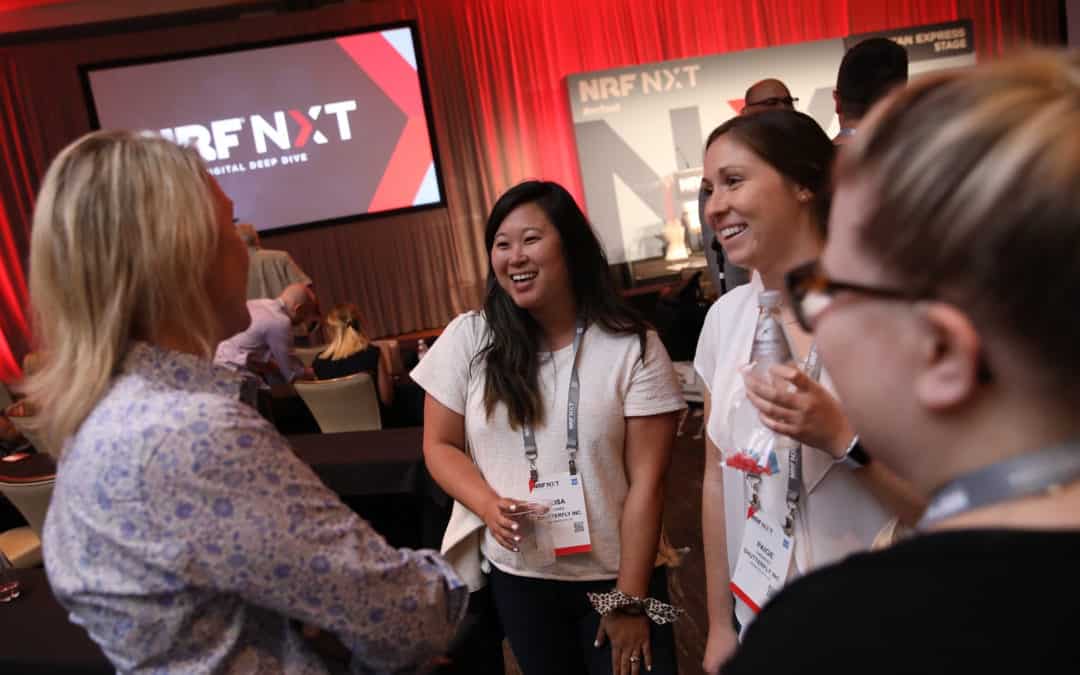How does gamification enhance corporate events? Let us count the ways. First, it’s fun—well, more fun than a training lecture, anyway. Still, turning the team-building lesson into a game boosts engagement.
This also makes training more memorable. Your team learns the relevant strategy or behavior you’re teaching them through hands-on practice.
Lastly, game elements like point systems make it easy to track individual and overall team progress. It also tracks how well the strategy works.
Want to know more? Learn more about the benefits of gamifying corporate events, and some mistakes to avoid, from the guide below.
The Benefits of Gamifying Corporate Events
Now, let’s go into a little more detail about the benefits of gamified corporate events.
Increased Engagement
Most of us, when we were young, heard someone tell us to treat our chores as a game. Scrubbing dishes doesn’t seem so dismal when it’s a contest. A simple timer turns it into a race against the clock.
And it worked. The chores became more enjoyable, you became more engaged, and you did them more efficiently.
This is exactly how gamification boosts engagement at corporate events. The point system makes it easy for your team to understand what they’re supposed to do. It gives them clear goals to aim for and a desire to reach them.
An Excellent Teaching Method
As we said, gamification makes it easy to understand what one is supposed to do. Right away, team members will learn the objective of the behavior you’re trying to teach them. Then, they immediately get to put it in practice.
It’s Tangible
Best of all the results are tangible. Measurable scores are recorded as part of the game. Team members will clearly see how well they are doing.
More importantly, this reward system is instantly and automatically internalized by the participants. That is, it becomes the standard for measuring results that team members will use when they implement this strategy for real.
Gamification equips your team with the practical application skills they need for success.
Team Building
Let’s not forget that gamified corporate events are full of good, old-fashioned team building. That is, they get everyone involved, the whole team, working together for a common goal. This is great for uniting the team and building teamwork skills.
Furthermore, this cooperation helps participants see how they and their coworkers affect each other. It helps individual team members view themselves as part of the whole—one big corporate organism.
Some Warnings About Gamification
While gamification is largely beneficial for corporate events, there are ways in which it can be problematic. As huge supporters of gamification, we want to make sure you get the most from the experience. To that end, here are some common gamification misconceptions/pitfalls and how to avoid them.
No Game is Made For Everybody
In 1996, a study on gaming was published by one Dr. Richard Bartle. Using a game he co-created called MUD, he observed the behavior of the players. In so doing he discovered there are basically 4 types of players.
- Achievers want to make the most points and beat the game
- Explorers are more content to dissect the game and figure out how it works by exploring every option
- Socializers, naturally, like the game as a means of socializing and interacting with other people
- Killers are on a total power trip, out to kill, destroy, outright beat the other players down
The point is, this presents a considerable challenge for any corporate leader planning a gamified event for a diverse team of people. That is, most games only appeal to certain types of players. If such a thing happens at your event, some attendees will be highly engaged, while others will not.
The Answer:
What’s the answer? Memorize and heed the player categories defined by Dr. Bartle. When planning the game, keep all types of players in mind.
While it may be rarely achieved and very difficult to create, it is possible to make a game that appeals in some way, to everyone. That said, such a game may also be too overly-complicated to teach effectively. It may be wiser to create multiple games so that everyone gets a turn to be engaged.
Better yet, think about determining player profiles of the attendees via a questionnaire before you plan the event.
It’s Not About Winning
Be careful not to overly-emphasize winning, as many event leaders do. For example, oftentimes prizes are offered as a reward for top performers.
But, as you can see from Dr. Bartle’s research, winning doesn’t appeal to all players. For those who don’t much care for winning, such a reward system could be rather discouraging.
Besides that, winning isn’t the point of your event anyway, is it? The point is to effectively teach a new behavior or strategy to your team and allow them to hone these skills in practice.
The Solution:
Again, refer to the 4 types of players. Award each of them in the ways that appeal to them. Achievers can be complimented on they’re performance scores. If they win any of the “rounds,” then they’ll already have their prize.
Explorers will like knowledge of all the potential outcome scenarios. They want to see how these options might play out. Let them ask their quested settings.
Gamify Your Corporate Events
Do you want memorable corporate events that allow you a high level of control and have a lasting impact on attendees? As you can see, gamification can do that, if you do it right.
To that end, keep this list and follow these tips when planning your next event.
Want to learn more about gamification for your next corporate event? Reach out to us. Fill out our official inquiry form here.


